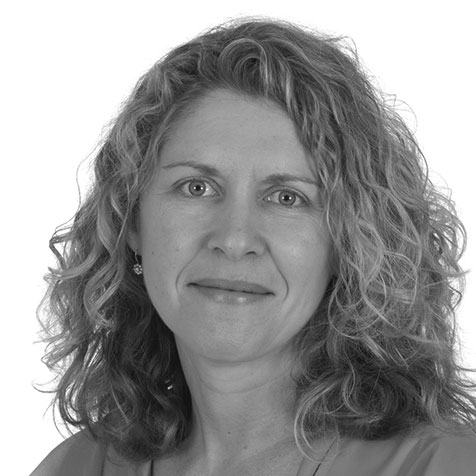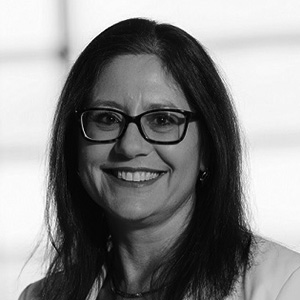Loading component...
At a glance
Paul May CPA
Director, Novo Super

The key takeaway for me is that, despite near-650 pages and 240,000 words, the report provides no recommendations. It is comforting to know the system is effective, sound and its costs are sustainable – with room for improvement.
A question we are regularly asked is how to better leverage the system. A good start is to improve understanding and make it easier by reducing complexity. It is disappointing to see a debate on superannuation guarantee increases. There is a significant opportunity to focus on education and financial literacy. This same view applies to the suggested shift in direction. The “three pillars” approach has been in operation for almost 30 years, but has not yet matured.
What has become ingrained is the understanding of the need to save for retirement from an early age. Voluntary savings via home ownership is worthy of consideration as a fourth pillar. Not as a replacement to any of the three, but as an addition, as the system already favours homeowners.
Home ownership is in decline, and many groups currently experience inequitable retirement outcomes. The suggestion to improve fairness by removing the A$450 per month threshold is a good one. Yet, at the core of this is the need to keep paying the super guarantee in the first place.
"There is a significant opportunity to focus on education and financial literacy. This same view applies to the suggested shift in direction. The “three pillars” approach has been in operation for almost 30 years, but has not yet matured."
The government moved fast to introduce a stimulus measure that allowed a A$20,000 withdrawal from superannuation, yet within the same financial year, seeks to delay legislated increases to help rebuild balances and take pressure off the future.
Suzanne Maloney FCPA
Associate Professor, University of Southern Queensland

The report shows the system is currently working well, but I don’t think it has taken into account behavioural economic research and the way people save and spend. Of course, the ideal would be to use the income you have accumulated in retirement and have A$1 left when you die – but we are not wired to think that way. We like to preserve for a rainy day, and we like to leave something for the next generation.
There’s some really great examples during COVID, where people stopped spending and started saving, because when people are met with uncertainty, they will save. Telling retirees that they should be spending their capital goes against the grain of that behaviour.
The other element to consider is the super guarantee increase. It is clear that unless long-term savings are forced through the super guarantee, they may not happen. To say that we don’t need to go to 12 per cent raises questions. People are not going to voluntarily put away extra. Just because it is good for us, doesn’t mean we will do it. Early access to super is another consideration. If we really want to have a super system that’s about supporting retirement and retirement income, then we’ve actually got to lock it down.
"Unless long-term savings are forced through the super guarantee, they may not happen. To say that we don’t need to go to 12 per cent raises questions. People are not going to voluntarily put away extra. Just because it’s good for us, doesn’t mean we will do it."
I think there is also room for improvement in the interaction of the Age Pension, super and employment in the retirement transition phase. If people don’t want to give up work totally and can work in a part-time capacity in their 60s and 70s, how would that impact the entitlements available? Can it help supplement the pension or their other income sources without it being penalised?
Anne Graham CPA
CEO, Story Wealth Management

I agree that the system tends to work relatively effectively, but I see a need within the next five years or so for the “retirement” part of retirement planning to come to the fore.
The system’s been focused on building up money for retirement and, as the review noted, there has been insufficient attention on assisting people to optimise their retirement income.
Retirees have a genuine fear of drawing down capital and tend to rely on income to fund retirement. However, in a low-return environment, that can have a detrimental effect on living standards. Some of the reluctance to touch capital is due to a desire to leave an inheritance, but there is also concern about health and aged care costs, and, importantly, a real fear of outliving savings. With people living longer, this needs to be addressed.
As the report highlights, if retirees can understand the system better, improve financial literacy and understand their options, they might be more equipped to use their super assets more efficiently. Tapping into home equity is an option that needs to be explored further, but current products and facilities are generally not very attractive, limited in choice and difficult to understand.
"The system’s been focused on building up money for retirement and, as the review noted, there has been insufficient attention on assisting people to optimise their retirement income."
If retirees were to access home equity to supplement their income, and have a better understanding of the system overall, income support payments could then be directed to those who need them the most, such as indigenous people, women with broken work experience, non-homeowners and other disadvantaged groups.
Meet the experts
Paul May CPA
Paul May CPA is director of Novo Super, a specialist self-managed super fund (SMSF). May has more than 25 years of experience in the wealth management, financial services and accounting sectors, and has specialised in SMSFs for the past 20 years in various senior management roles.
Suzanne Maloney FCPA
Suzanne Maloney FCPA is an associate professor at the University of Southern Queensland. Her current area of research is in financial planning services, superannuation outcomes and retirement income policy.
Anne Graham CPA
Anne Graham CPA is a Certified Financial Planner and holds a masters in applied finance. She is partner and CEO of Story Wealth Management, working closely with a wide variety of clients to help plan and manage their retirement.

